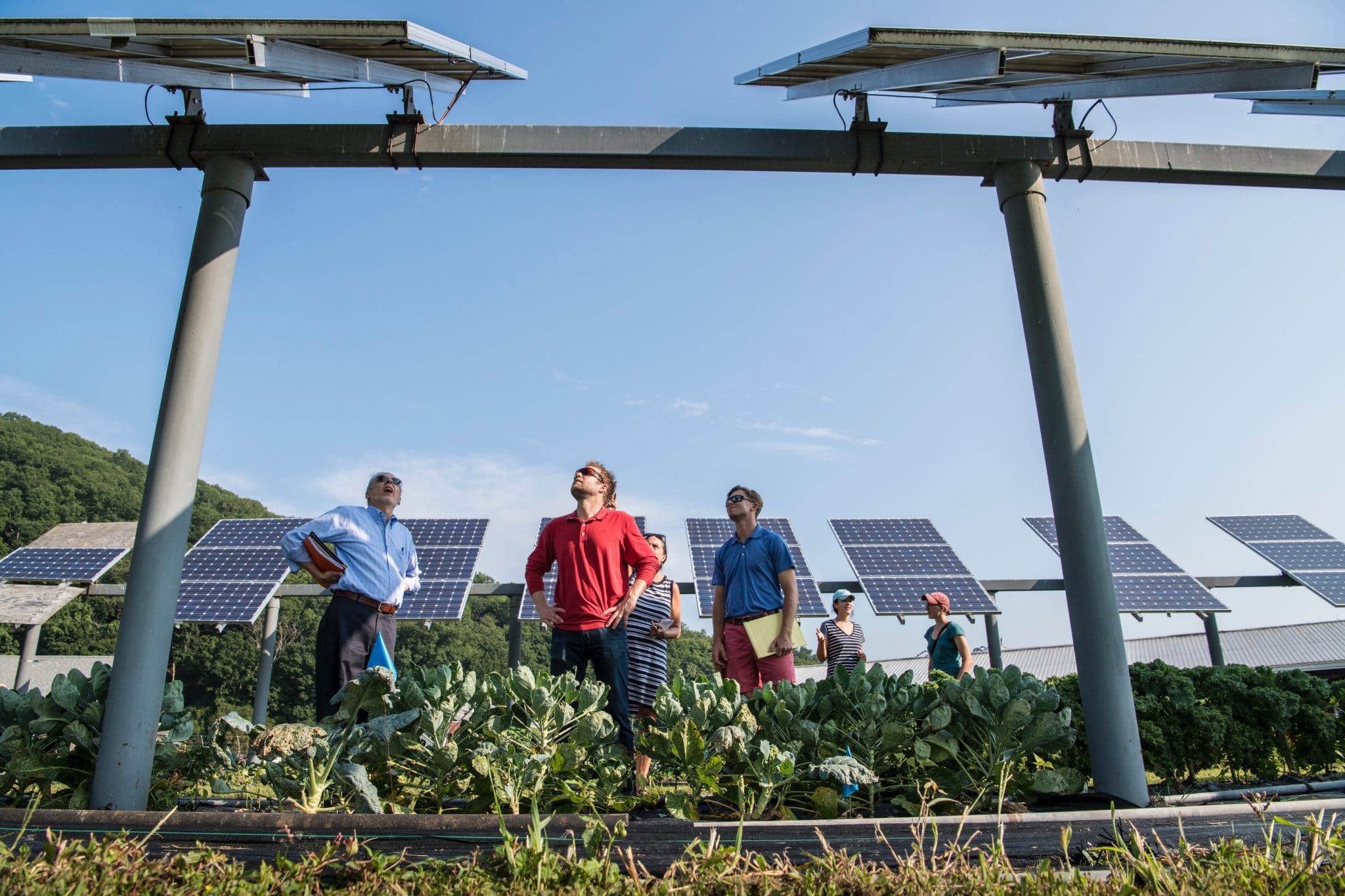IESR Study Report
The energy transition from fossil energy is currently happening and is unavoidable. This phenomenon could expose countries that depend on fossil fuels to social and economic risks. Therefore it is crucial for the government of Indonesia to manage the transition to minimize the negative impacts while taking the opportunities from the positive impacts. “A good energy transition management can bring justice to all as the costs and benefits are distributed evenly in the society and no one will be “left behind” in the process” states Melina Gabriella, the author of the report Ensuring a Just Energy Transition in Indonesia: Lessons Learned from Country Case Studies.
Learning from the experiences of four countries -Germany, Australia, Canada, and South Africa- there are some universal aspects of energy transition that should be highlighted to ensure a just energy transition. Good governance, economic diversification, social dialogue, and social protection, availability of transition funds as well as skills development are important aspects of an equitable energy transition, says Melina as she concludes the presentation on lessons learned from country studies.
The possible impacts of the energy transition are explored further in the Indonesian context. The energy transition will have an impact on the fossil industry, particularly the Indonesian coal industry. If managed properly, the transition could provide opportunities for the Indonesian economy. Conversely, transitions can also harm the economy if the government is not ready to respond to change.
The study shows that the coal-producing regions are highly dependent on revenues from the coal industry. “The contribution of coal production in national GDP is not significant -only around 2%- compared to the contribution to provincial GDRP in East Kalimantan, South Kalimantan, and South Sumatra,” says Pamela Simamora, the co-author of the report. The energy transition will cause a decrease in the Gross Regional Domestic Product (GRDP) in these provinces (see fig.1). Pamela further states, “As one of the regencies with a very high level of coal dependence, the energy transition will hit Paser Regency hard, because, without coal, Paser will only be left with a third of its current GRDP” (see fig.2)


Other negative impacts of the energy transition trend include an increase in the current account deficit and an increase in unemployment. In regards to the latter, the report highlights the fact that the Indonesian coal sector employs more than 100,000 workers, even reaching 1.1 million people if it includes indirect and induced jobs. Therefore, the energy transition has the potential to cause mass unemployment.
However, there are benefits of energy transition that can be optimized by Indonesia if the country is prepared for the transition. Quoting a previous study also conducted by IESR in 2019, the report argues that contrary to common perception, high penetration of renewable energy will provide relatively low system costs. “High penetration of renewable energy (43% of the total energy mix) by 2027 will reduce system costs by 5% and by 12% if the weighted average cost of capital can be reduced further to 8% of the total cost of power generation,” says Melina.
Furthermore, the study highlights that the energy transition has the potential to drive economic diversification in coal-producing regions and throughout Indonesia. The study has identified manufacturing, as well as agriculture, forestry and fisheries can become the alternative sectors in South and East Kalimantan. The coal provinces can also develop a renewable energy industry to replace the coal industry (see table 1)

Other positive impacts such as growing green jobs, improved air quality, and reduced health costs are also opportunities that the energy transition can bring. The authors noted that these potential impacts should be explored in further studies to strengthen the justification of energy transition.
As the closing argument, the authors point out that in order to maximize the positive impact while reducing the potential risks posed by the transition into the economy and society, the government must prepare steps to manage the transition. Understanding the entire spectrum of the energy transition and its impacts on the coal economy and industry through various in-depth research and studies, ensuring the implementation of “good governance” in the energy transition process, building economic resilience through economic diversification, industrial development, and the creation of green jobs in coal-producing areas, establishing an active labor market, develop skills and establish social protection policies as well as establishing an energy transition fund are the recommended actions from the study.
Read the full report:
Ensuring a Just Energy Transition: Lessons learned from Country case studies
Authors Contact:
Melina Gabriella (melina@iesr.or.id)
Pamela Simamora (pamela@iesr.or.id)

